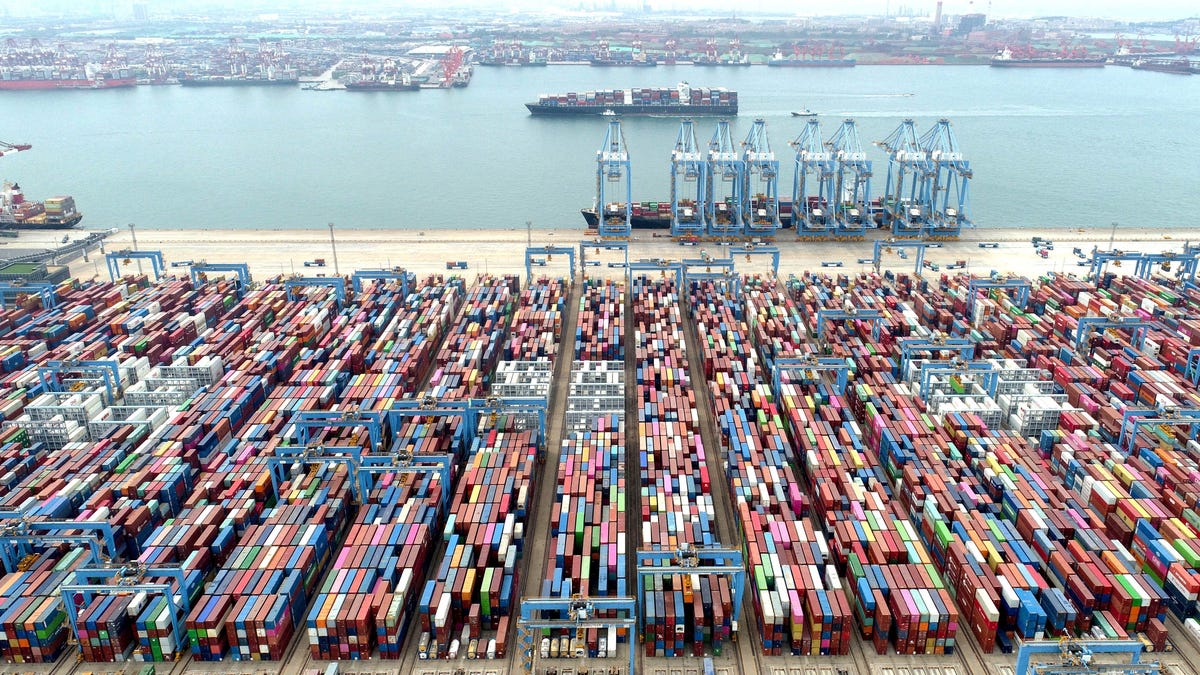
Friendshoring is a term used for the practice of relocating supply chains to regions with low political chaos and risk of disruption. Here’s all you need to know.
What is friendshoring?
Terms like reshoring, friendshoring, and onshoring as sibling terms of nearshoring. They describe the practice of relocating supply chains to nations with lower political and disruption risks. The terminology first surfaced during the initial days of the pandemic when Bonnie Glick was struggling with the navigation of sourcing essentials such as malaria vaccines and HIV medication. Glick was the then deputy administrator of the US Agency for International Development. The struggle diverted her attention to the fragile global supply chain and thought about safeguarding it. She used the term “allied shoring” to describe the process of UD companies producing in-house or closer to home that shared interests with the US.
The terminology evolved as the idea spread. Economists from Brookings Institute wrote about “ally shoring” crediting Glick. The White House also included “ally and friendshoring” in a report about resilient supply chains. “It’s a recognition that we can’t do everything ourselves in this country,” stated Willy Shih. Shih is a professor at Harvard Business School studying supply chains. He stated that the term friendshoring is more practical than onshoring. Additionally, he added that there are “increasingly including geopolitics in their risk calculations”.
More on the new terminology
It’s important to note that China’s zero covid policy and the Russian invasion have disrupted the global supply chain once again. “It’s kind of a new era. Fifteen years ago, there weren’t these flashing warning signals saying unexpected things can happen,” added Shih. However, friendshoring is not an easy task. Relocating to regions with favorable politics can make products more expensive.
Everyone is not convinced that the concept of friendshoring is good for the economy. After all, the concept of friendly nations can change in a matter of months or years. “Friendshoring is an understandable policy if it is strictly limited to specific items directly affecting national security. Unfortunately, the term’s public reception already suggests that it will be used to cover much else,” stated Raghuram Rajan. Rajan is the former governor of the Reserve Bank of India and a professor of Business at the University of Chicago.
